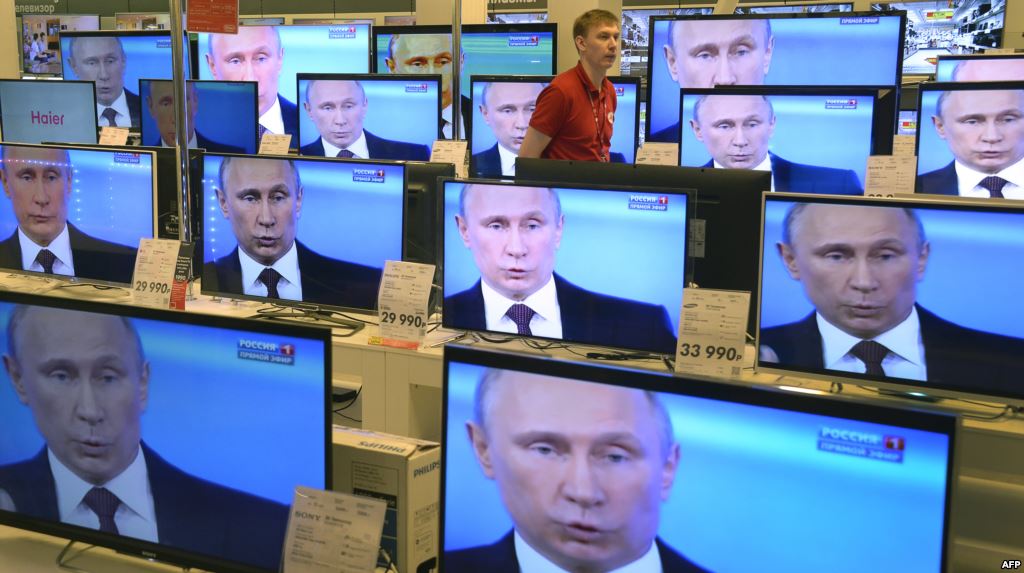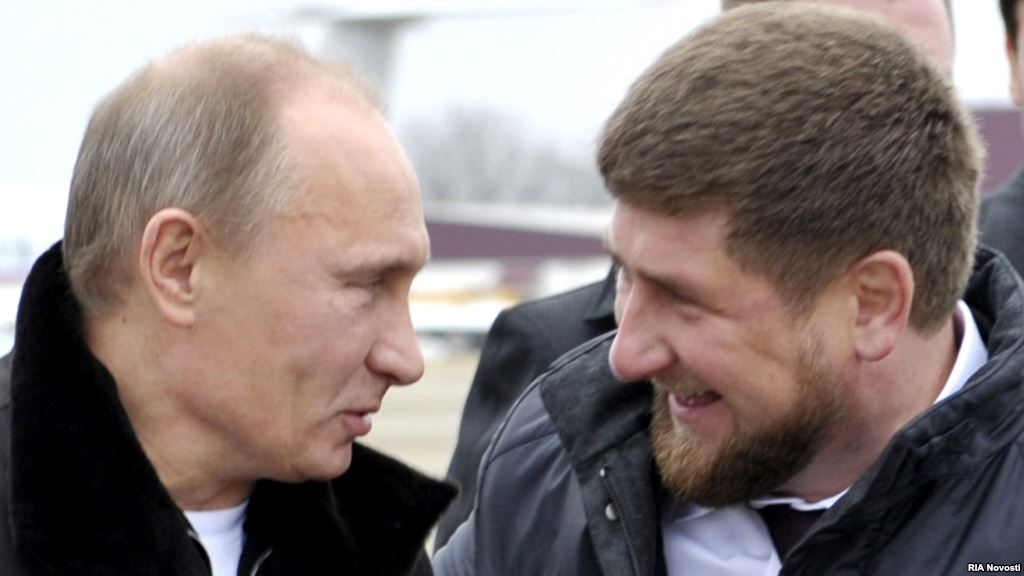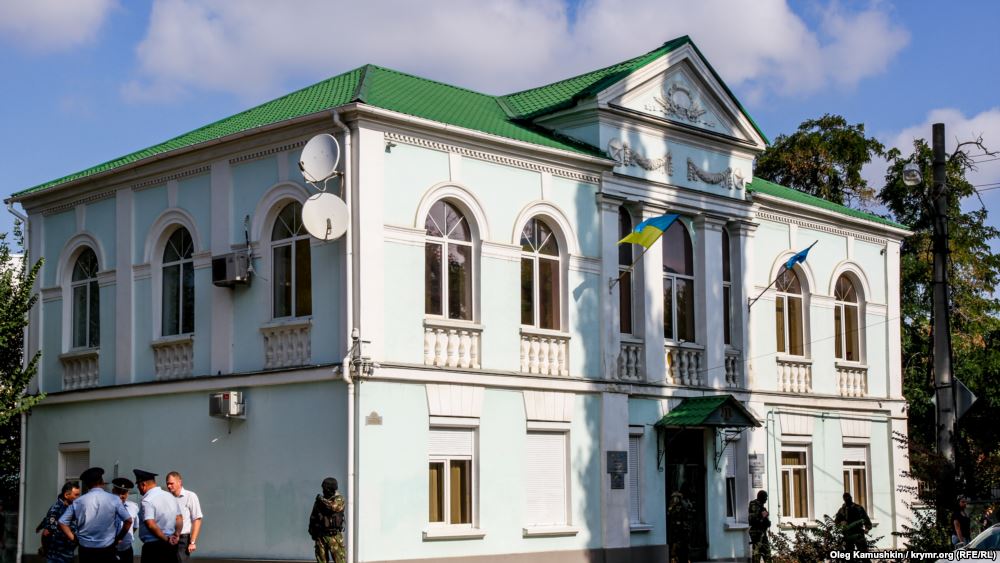Experts commenting on the results of the newest Levada Center poll emphasize the growth of critical attitudes by Russians regarding the war in Ukraine. But this is more likely due to a desire for reassurance on the part of the analysts, who are trying to find positive trends in the attitudes of Russian society. Indeed, the percentage of respondents who believe that Russia is responsible for the bloodshed and loss of life in Eastern Ukraine has grown somewhat -- from 17% to 20% compared to August. But this increase is within the statistical margin of error.
Yes, we could assume that if Russia were not an authoritarian state, there could be a relatively influential anti-chauvinist opposition representing about 20% of the voters, despite the fact that at least 80%, regardless of differences in political views, would still provide the core support for a chauvinistic, war-mongering, and repressive government.
The meeting on November 4, where leaders of the pseudo-opposition from the Communist Party of the Russian Federation, the Liberal Democratic Party (LDNR, far-right political party in Russia -- Ed.), and the Just Russia Party held hands with the representatives of the United Russia party (current ruling party -- Ed.) demonstrated this unification of revanchists quite clearly. And the poll results confirm that there is no basis for claiming that Russian society has "seen the light." The vast majority (70%), as before, respond negatively when questioned about Russia's responsibility for the war in Ukraine.
Only half of those surveyed -- at a time of serious economic conditions and the rapid devaluation of the national currency -- believe that the Russian government should have concentrated on the country's internal problems. For 36% of the respondents, Russia's geopolitical interests are more important. Furthermore, the number of Russians who believe it is important to take care of Russia's problems has even decreased by 5% when compared to results this summer. This could be attributed to statistical error. But the gist of the matter is this: about 40% of the citizens do not care about conditions in their own country. They are ready to live on its ruins just as long as Russia is "feared" by those whom the residents of this rapidly deteriorating country profoundly envy.
It has been assumed that Putin and Russian TV are to blame for all the troubles of Russian society. However, as we can see, 20% of the citizens have not submitted either to Putin or to Russian TV. But 80% percent have successfully avoided the truth even when it was presented to them in the '90s. Instead, they openly awaited the return of the Soviet Union and considered the Stalin era the height of Soviet power. Putin simply read the public mood accurately and, seeing the real prospects of the opposition after the Bolotnaya Square demonstrations, decided to rely on the chauvinistically inclined majority. (In May 2012, thousands of people demonstrated in Moscow against rigged elections and Putin's return to the presidency for a third term -- Ed.)
Therefore, it is useless to expect that the Russians will "sober up" -- they are as sober as ever. And the government is simply telling them what they have wanted to hear for all these decades. It is true that a responsible political class of people may yet appear in Russia, who will not pander to the views of the lumpen class and who will be capable of changing the country and telling it the truth about historical errors and crimes and about the economic degradation. But for this to happen, Russian society must hit rock bottom in this crisis and to understand who is really responsible for the chauvinism and the fratricide. Without such an understanding, Russians will remain a society united by hate and aggression.





